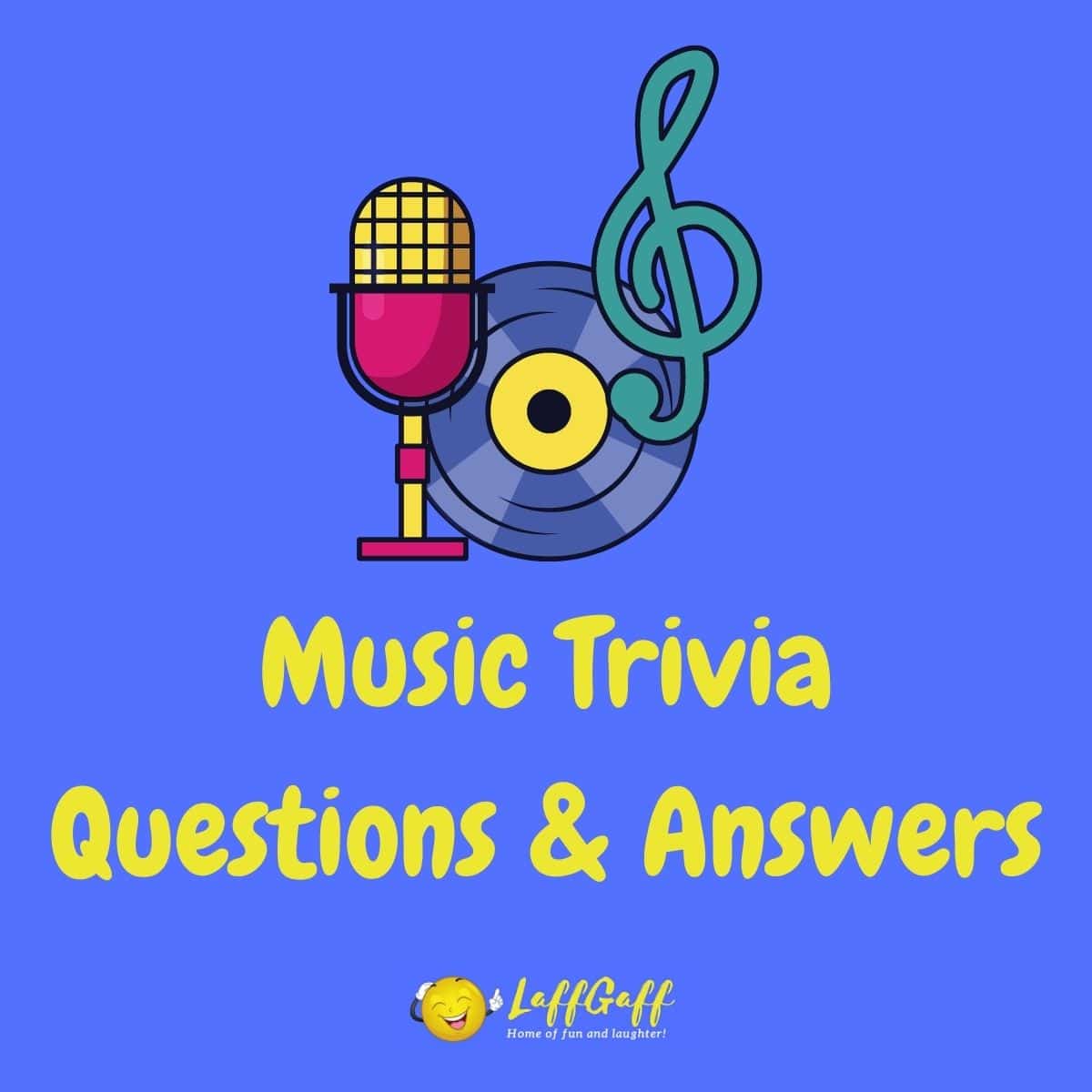Question: From what language does the word maestro come?
Show answer
Italian.
The word “maestro” originates from the Italian language, a term of respect and distinction that denotes a master or teacher in the fields of music and art. Its roots can be traced back to the Latin word “magister,” which carries the meaning of master, chief, or head. This connection underscores the significant influence of Latin on the Romance languages, including Italian, where “magister” evolved into “maestro” to signify someone who possesses not only expertise and authority in their domain but also the ability to impart knowledge and skill to others.
In the context of music, “maestro” is often used to refer to a distinguished conductor or a music teacher, indicating a level of mastery and excellence in the field. The term conveys respect for the individual’s achievements and their role in guiding and inspiring others, whether they are leading an orchestra, directing a choir, or teaching students the intricacies of musical composition and performance.
Beyond its musical connotations, “maestro” is also applied more broadly in Italian to denote an expert in any art or craft, from painting and sculpture to culinary arts. This broader application reflects the deep appreciation for mastery and craftsmanship inherent in Italian culture, celebrating the dedication, skill, and creativity required to achieve distinction in one’s field.
The use of “maestro” has transcended its Italian origins, becoming incorporated into various languages around the world as a mark of respect for individuals who have reached the pinnacle of their profession. In English, the term is frequently adopted in discussions of classical music and opera but can also be found in other contexts where expertise and mentorship are valued.
The evolution of “maestro” from its Latin roots to its current status as a term of honor illustrates the dynamic nature of language and how words can develop rich layers of meaning over time. It encapsulates a universal respect for excellence, mastery, and the influential role of teachers and leaders in nurturing talent and fostering innovation across the arts and beyond.
You may also like:






